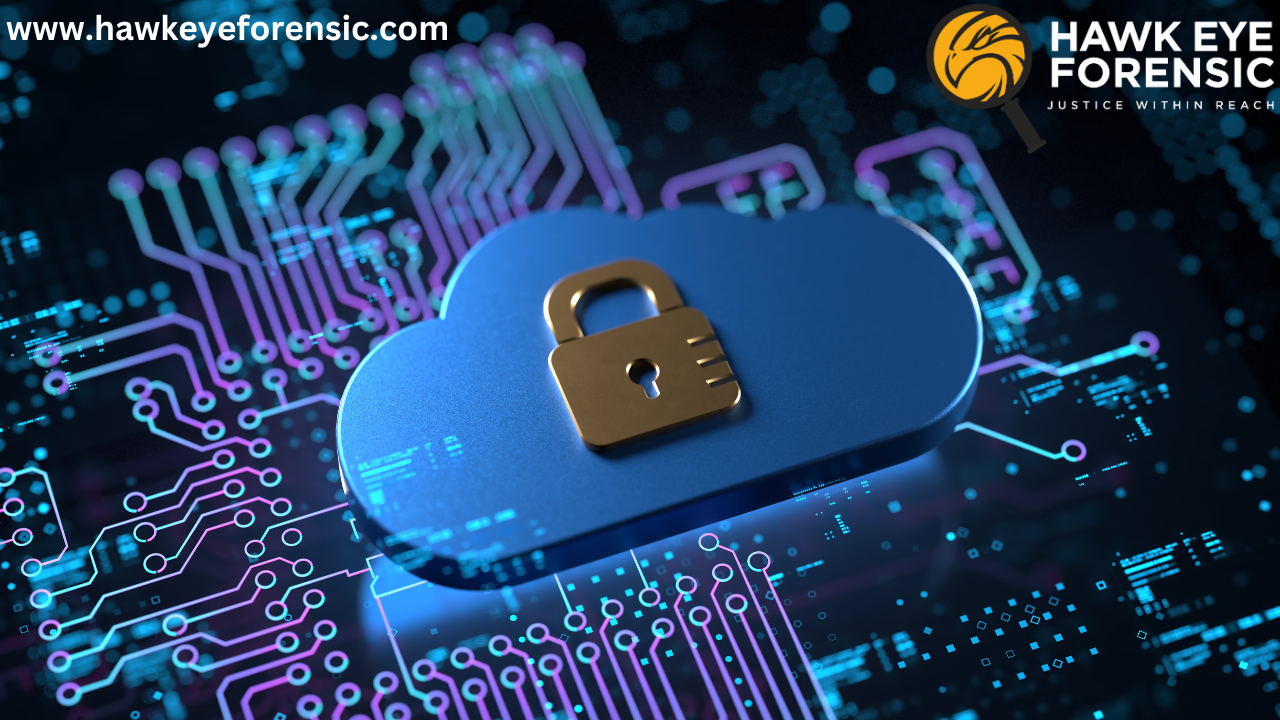In the digital age, encryption has become an integral part of our daily lives, serving as a crucial tool for securing sensitive information and protecting our privacy. But the increasing use of encryption has also created serious difficulties for digital forensic investigations, resulting in a complicated situation where security competes against the capacity to obtain evidence.
What is Encryption?
Encryption is the process of encoding data in such a way that it becomes unreadable without the proper decryption key or password. This technique is used to protect confidential information from unauthorized access, ensuring that only authorized parties can access and read the data. Encryption algorithms use complex mathematical functions to combine the data, making it virtually impossible to decipher without the correct key.
The Importance of Encryption
Encryption plays a vital role in maintaining the security and privacy of individuals, businesses, and governments. It is used to protect sensitive data such as financial information, personal communications, and confidential documents from cyber threats like hacking, identity theft, and data breaches. Moreover, encryption is essential for ensuring the integrity of digital evidence and preventing tampering during forensic investigations.
The Challenges for Digital Forensics
While encryption is undoubtedly beneficial for data security, it poses significant challenges for digital forensic investigations. When investigators find encrypted data, they may hit a brick wall accessing and analyzing it. This obstacle can hamper their investigation progress. Timely access to digital evidence is crucial in criminal cases like child exploitation, terrorism, or cybercrime. Encountering encrypted data can pose significant problems in such cases.
The “Going Dark” Debate
The ongoing tension between encryption and law enforcement’s ability to access encrypted data has been referred to as the “going dark” debate. Law enforcement agencies argue that excessive encryption hinders their ability to gather evidence and investigate crimes, potentially hindering public safety. On the other hand, privacy advocates and tech companies maintain that strong encryption is essential for protecting individual privacy and maintaining trust in digital communications.
The debate has ignited heated discussions and legal debates. Governments have proposed measures such as mandating backdoors or exceptional access mechanisms to address the encryption challenge. Such proposals have encountered significant opposition from privacy advocates and tech companies. They argue that introducing vulnerabilities or weakening encryption would diminish its effectiveness and jeopardize user data.
Forensic Techniques and Workarounds
Despite encryption challenges, digital forensic professionals have devised techniques and alternative solutions. These help them gather evidence from encrypted data sources. These include:
- Keyword Searches and Metadata Analysis: Even when the content is encrypted, investigators may be able to extract valuable information from unencrypted metadata or perform keyword searches on file names and other identifiers.
- Live Data Acquisition: If investigators can gain access to a device or system while it is powered on and unlocked, they may be able to capture decrypted data or memory contents before the system is locked or encrypted.
- Exploiting Vulnerabilities: In some cases, vulnerabilities or flaws in encryption implementation may allow investigators to bypass encryption and access the data.
- Brute-Force Attacks: These attacks can be used to guess weak encryption keys or passwords, particularly when dealing with less secure algorithms or short passwords.
- Cloud Data Extraction: With the increasing use of cloud services, investigators may be able to obtain data from cloud providers, potentially bypassing local encryption on devices or systems.
- Legal Processes: In some cases, investigators may be able to compel individuals or organizations to provide encryption keys or passwords through legal processes, such as court orders or search warrants.
The legality and admissibility of these techniques can vary by jurisdiction. They may depend on the specific facts of each case.
Conclusion
Encryption is a double-edged weapon in the field of digital forensics. Encryption is crucial for safeguarding privacy and data security. However, it poses challenges for law enforcement and digital forensic investigators in gathering evidence and conducting criminal investigations.
The ongoing conflict between encryption and authorized access to data highlights the sensitive balance between individual privacy and public safety. As technology continues to evolve, it is crucial that all stakeholders – law enforcement, tech companies, privacy advocates, and policymakers – engage in transparent and positive discussion to find solutions that respect fundamental rights while enabling the pursuit of justice.




Post comments (0)